Dhaka’s air quality ranked seventh worst in the world on Friday, February 23rd morning, with an AQI score of 161, indicating unhealthy air pollution levels.
The AQI measures the concentration of five major air pollutants, which can cause serious health problems such as stroke, heart disease, and lung cancer. The WHO estimates that air pollution kills about seven million people every year.
Dhaka faces severe air pollution challenges, especially during the winter months, when brick kilns, surface dust, and vehicle emissions are the main pollution. The air quality improves slightly during the monsoon season but remains far from the WHO standards.
Other Asian cities, such as Lahore, Delhi, and Tashkent, also suffer from poor air quality, ranking first, second, and third respectively in the global AQI ranking2. The AQI scale shows that values above 200 are unhealthy and require urgent action to protect public health.
PM2.5 concentration in Dhaka is currently 16.6 times the WHO annual air quality guideline value. The World Health Organization (WHO) estimates that air pollution causes seven million deaths annually globally. These deaths are mainly linked to increased rates of stroke, heart disease, lung cancer, chronic obstructive pulmonary disease, and acute respiratory infections.



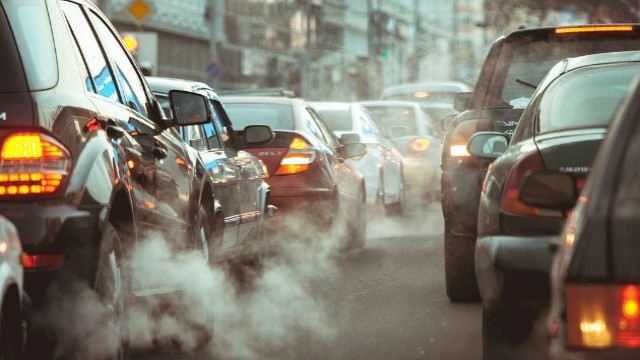


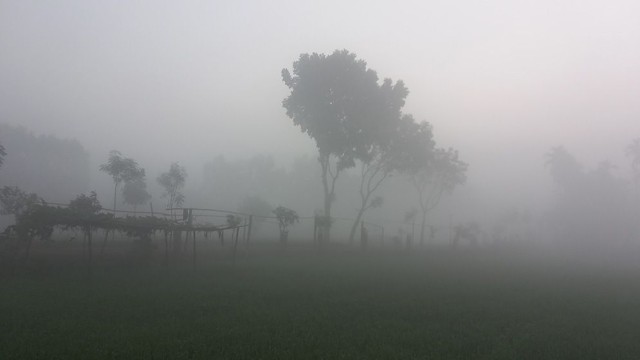
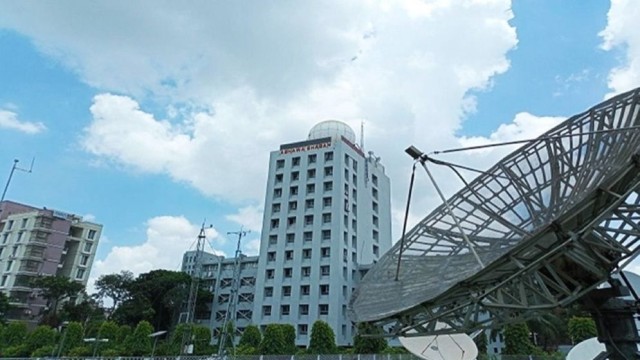
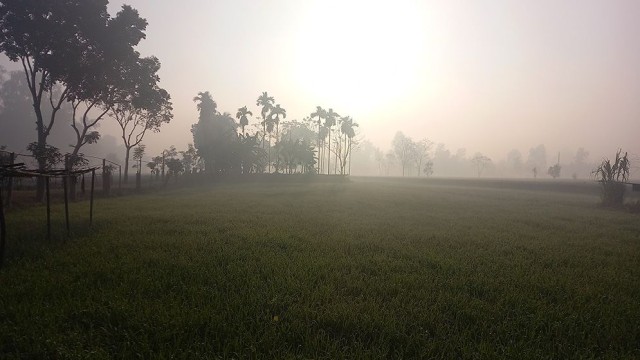
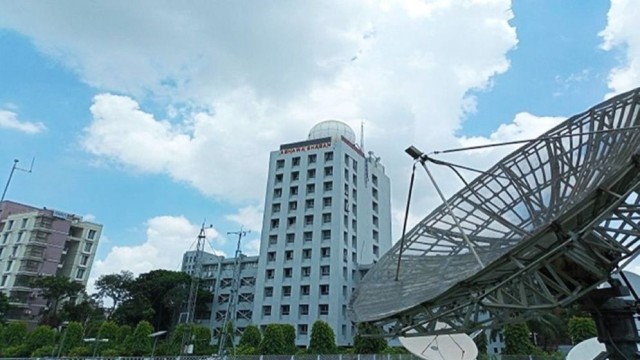








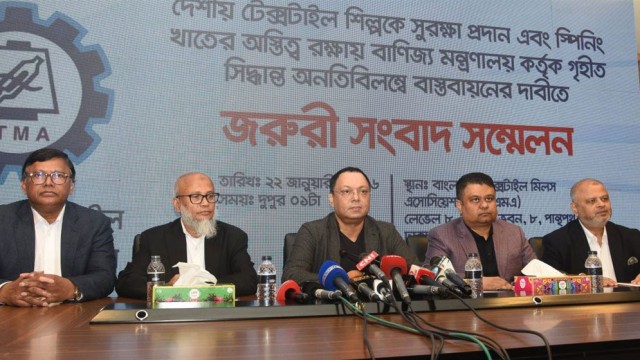












Comment: